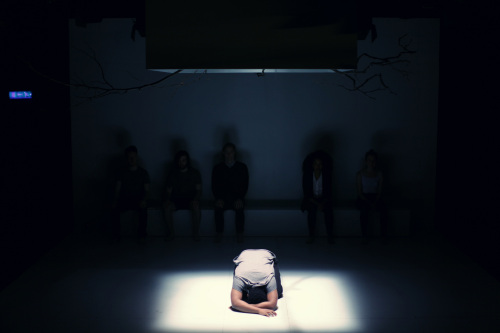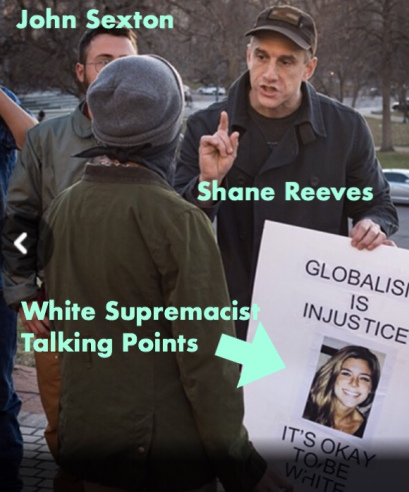 by Uzodinma Iweala, 2005
by Uzodinma Iweala, 2005
Some books exist to give insight into another part of the world. Some books exist to give insight into another culture. Some books exist to give insight into another way of life. Beasts of No Nation exists for all three, but mostly it exists to tell the horrifying story of a young boy caught up in the middle of a war.
Set in a nameless African country and told in dialect, Beasts of No Nation follows Agu as he is swept up into his country’s conflict by a gang of guerilla soldiers. This is not a story for the faint of heart, as Agu is forced to commit and suffer acts as atrocious as you can imagine, but it is a story that shows us how a person can be swallowed by this sort of life where they seemingly have no other recourse. Agu can either be a soldier or he can die and he is acutely aware of that. What this story also shows is how war can easily toy with a person’s sense of morality: “I am soldier and soldier is not bad if he is killing. I am telling this to myself because soldier is supposed to be killing, killing, killing. So if I am killing, then I am only doing what is right.” At the same time, Agu remembers his life before the war, remembers his plans to be a doctor or an engineer, that he was “liking school very much and always thinking about going until the war is coming and then they are stopping school because there is no more government.” This juxtaposition – between who Agu remembers himself to be against who he is supposed to be now – is particularly heartbreaking.
One of the strengths of the book is that it’s told in Agu’s very matter of fact voice. While the dialect may be difficult for some to get around, I found that it really helped root Agu as a character, uneducated and young, both aware of what is happening around him and still in some ways innocent to the horrors of his world:
So we were playing all this game then and thinking that to be a soldier was to be the best thing in the world because gun is looking so powerful and the men in movie are looking so powerful and strong when they are killing people, but I am knowing now that to be a soldier is only to be weak and not strong, and to have no food to eat and not to eat whatever you want, and also to have people making you do thing that you are not wanting to do and not to be doing whatever you are wanting which is what they are doing in movie. But I am only knowing this now because I am soldier now.
Part of me questions whether some of Agu’s experiences are gratuitous in their violence and demoralization, whether Iweala wanted to stuff as much as possible into his book for the purposes of shocking the reader. I think a case could be made for that, but I just as much suspect that these are events that do occur and that we choose to turn a blind eye to and claim could never happen. I have no experience with African gangs of soldiers, but I do know what happens to Agu happens to children right here, as much as we try to ignore it. Children are taken from their parents, are indoctrinated into a violent way of life, are mistreated and taught to mistreat, are made adults far sooner than they should ever be.
I would not call Beasts of No Nation enjoyable. I’m sure it’s not meant to be. But it is eye-opening and important and all around a worthwhile read.
[Book Riot Read Harder Challenge: read a book about war.]










